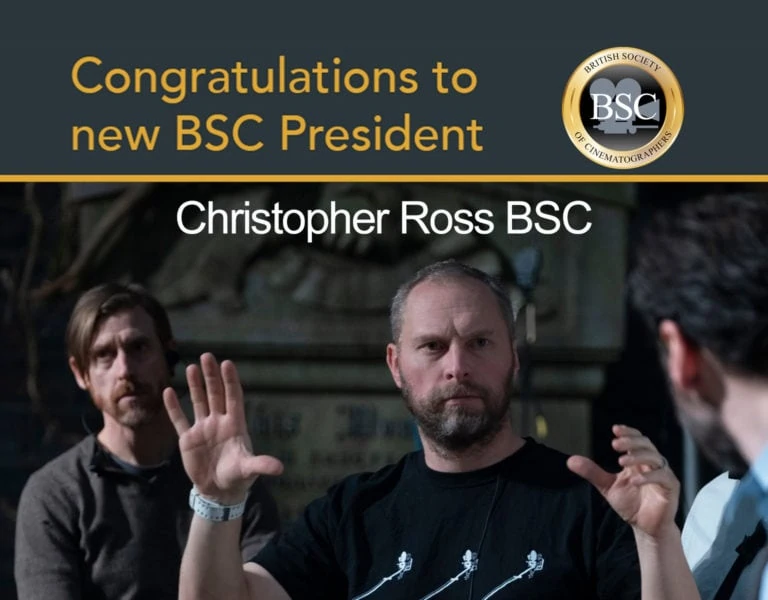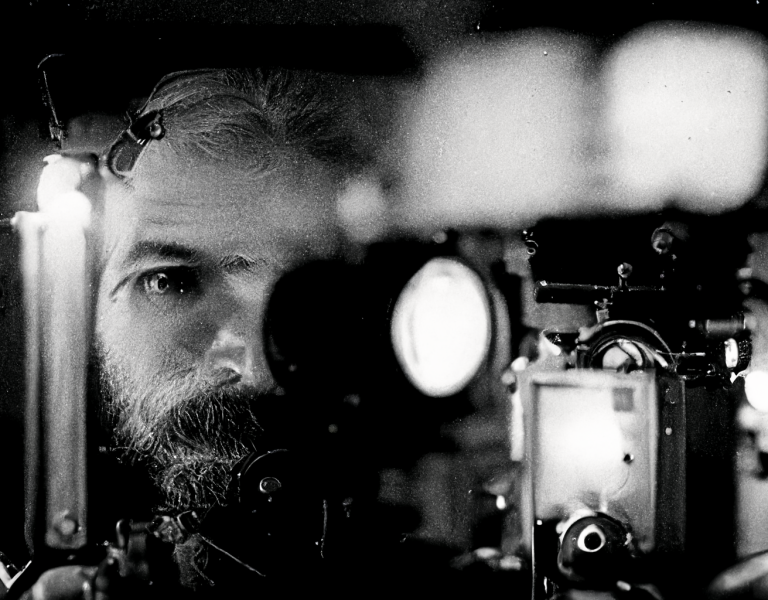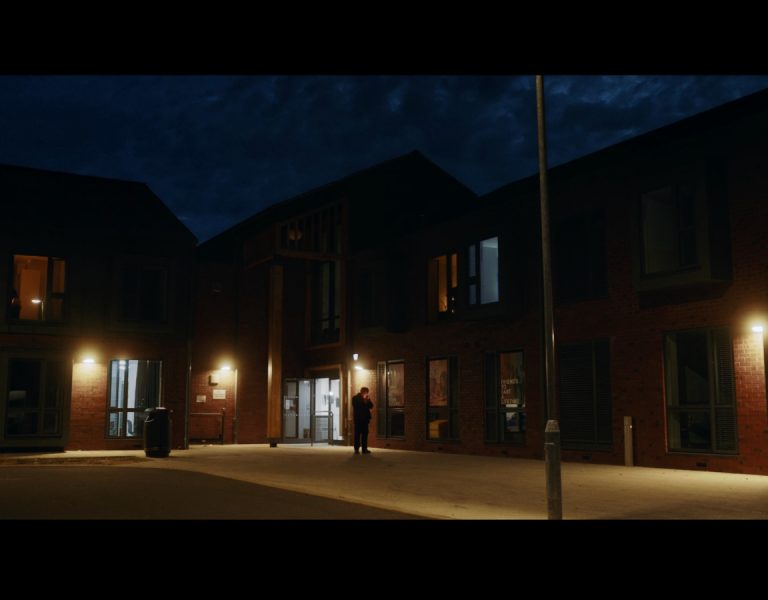Knowledge is power and creating a supportive learning environment for the cinematographic community to continue to flourish is essential. Christopher Ross BSC highlights the invaluable experience the BSC’s Mentorship Scheme gives mentees as they navigate their careers.
scholarship
/ˈskɒləʃɪp/
Noun
- academic study or achievement; learning at a high level.
“The intellectual dishonesty has nothing to do with lack of scholarship”
- a grant or payment made to support a student’s education, awarded on the basis of academic or other achievement.
“Tim held a Humboldt scholarship”
As another academic year draws to a close, the nation’s teenagers and undergraduates are, once again, buckling under the fierce scrutiny of exams. A lifetime’s education distilled into a succession of 90-minute papers crammed with 12-mark questions. Meanwhile, the parents of younger children are wondering how to occupy their children for the extended summer break.
But whatever the summer holiday means to you, it’s the education that comes before and after it that I would like to address in this month’s Perspective. A working life as a filmmaker is one of quiet dedication to self-improvement and learning. As the industry, and technology, evolves so too does its workforce; embracing new methodologies and best practices whilst upholding quality control and efficiencies.
A career in cinematography, if you are lucky and remain in good health, can span 50 years or longer. Take any 50-year period from within the 130 years of cinema and you will see technical revelations and social revolutions at every turn. The task of the cinematographer, therefore, is to stay alive to these changes, to confront them, to be moulded by them, and modify them in return to create the next evolutionary step. There is a “March of Progress” for each of us, from Pliopithecus to Homo Sapiens and onwards…and it is our responsibility to force each step and to be prepared for the transition to the next.
The progression of our careers carries much personal responsibility and it’s a daunting future for a young filmmaker. Navigating the work environment and making wise choices can make a huge difference when it comes to stepping up the rungs of the ladder. But the twists and turns of a career in cinematography can be a lonely journey at times, littered with blind corners and dead ends. Years can pass by with seemingly little progress, frustrating pit stops when you would rather be on the move.
Combating this career isolation is key to ensuring personal progression and, as the summation of this progression benefits the industry, it only seems fair that the industry plays its part in providing a solution. For centuries, traditional artisans have utilised inter-generational mentorship as a way of passing on the unique knowledge of their craft. Cinematography may be a very 21st Century craft, however, the principles still apply – mentorship in the arts is a cornerstone of professional development, providing a bridge between theoretical knowledge and practical application.
The relationship between mentor and mentee should function to facilitate the transfer of skills, insights, and industry wisdom from seasoned cinematographers to emerging talents. Cinematography involves a complex interplay of technical skills and creative vision, and mentorship can play a crucial role in helping emerging cinematographers navigate this complexity.
Learning the nuances of lighting and camera setups from a mentor who has worked on diverse projects can offer practical insights that are not readily available in textbooks or online tutorials. This practical approach to learning helps younger filmmakers refine their technical skills, leading to a more profound mastery of cinematography.
The concept of a BSC Mentorship Scheme is not a new one; there have been two previous iterations of the scheme in 2020 and 2022 led by Screenskills and partnered with the ACO. This year, however, we are trialling our first BSC-led scheme with a dedicated programme of skills and learning outcomes. Oliver Stapleton BSC and Kate Reid BSC, have been working behind the schemes as part of the Education Committee to assemble a working methodology that answers the specific requirements of our uniquely complex craft.
Shadowing experienced cinematographers as they navigate their own careers will provide mentees with invaluable real-world experiences. Learning opportunities across pre-production, filming and post will allow real insight into the filmmaking process, its practical challenges and the decision-making involved. Beyond technical proficiency, cinematography requires a unique artistic vision. Mentors will endeavour to inspire and nurture this vision by sharing their creative processes and encouraging experimentation.
Importantly, the power of the mentoring relationship is that it is mutually beneficial to both partners. The collaborative learning culture enhances mentorship by promoting peer-to-peer knowledge sharing. Mentorship should not be a one-way transfer of knowledge but a collaborative process where both mentor and mentee learn from each other.
By creating a supportive learning community within cinematography, we aim to encourage open dialogue, the sharing of experiences, and collaborative problem-solving. This culture of mutual learning enriches the mentorship experience for the participants, and helps to foster a more inclusive and dynamic industry for us all to inhabit.
As the film industry continues to evolve, the role of mentorship remains crucial in nurturing the next generation of cinematographers. By building strong mentor-mentee relationships and creating supportive learning opportunities, the industry can ensure a continuous flow of skilled and innovative cinematographers, contributing to the ongoing evolution of cinematic art. The “March of Progress” continues.
Onwards!










